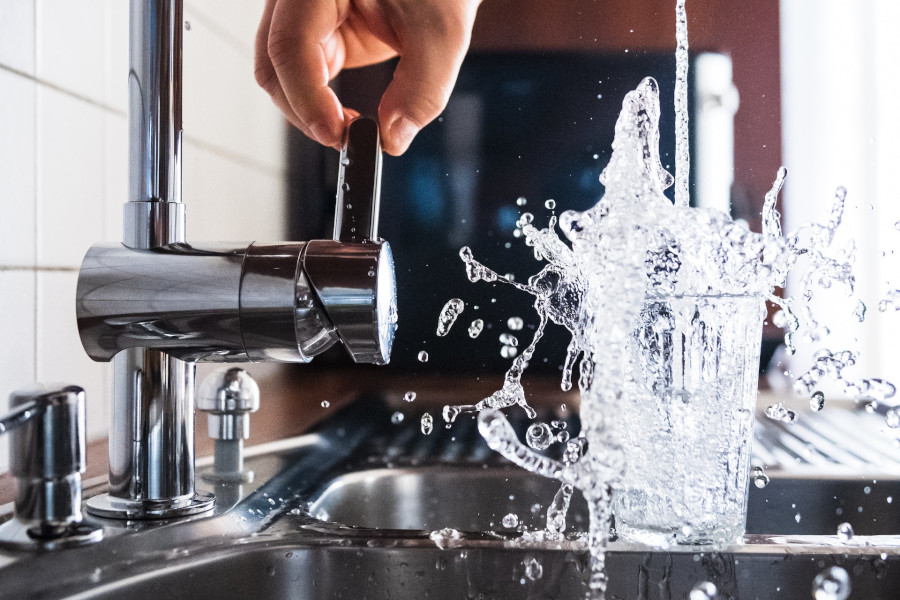
Have you ever taken a moment amidst your busy schedules to reflect on the indispensable role of water in your practice?
It’s not merely a tool for rinsing and cleaning; it’s the lifeblood that ensures the smooth operation of your equipment and the safety of your patients.
Beyond the basic rinse and gargle, water is pivotal in:
But here’s the clincher: the quality of water you use can make a world of difference.
In a profession where precision, hygiene and patient care are paramount, the water’s purity isn’t a mere afterthought—it’s front and centre.
You, better than anyone, understand the intricacies of your practice.
So, let’s delve deeper into the world of water purification, and explore why the right kind of water is a game-changer in modern dentistry.
In the heart of every dental practice, pure water is the unsung hero.
It’s not just about offering a refreshing rinse post-procedure or ensuring your equipment runs smoothly. It’s about safeguarding the health of every patient who entrusts you with their smile.
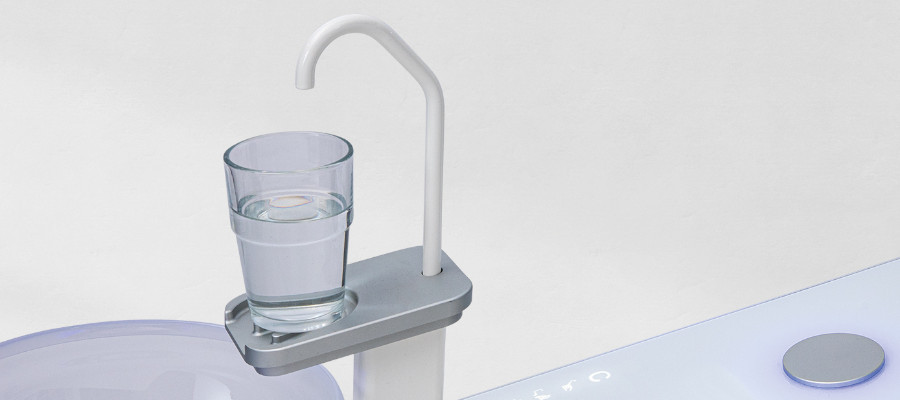
And when it comes to guidelines and protocols, the Health Technical Memorandum 05-01 is crystal clear.
It underscores the importance of using only the finest water for cleaning dental instruments, be it sterile water for irrigation, distilled water, reverse osmosis water, or suitable potable water.
This isn’t just a guideline; it’s a testament to the importance of water quality in dental practices. But the story doesn’t end here.
Venturing into the very veins of your dental practice, we find the Dental Unit Water Lines (DUWLs).
These intricate networks, often overlooked, are the lifelines that deliver water to various points in your dental chair. But, as with all things hidden, there’s more to DUWLs than meets the eye.
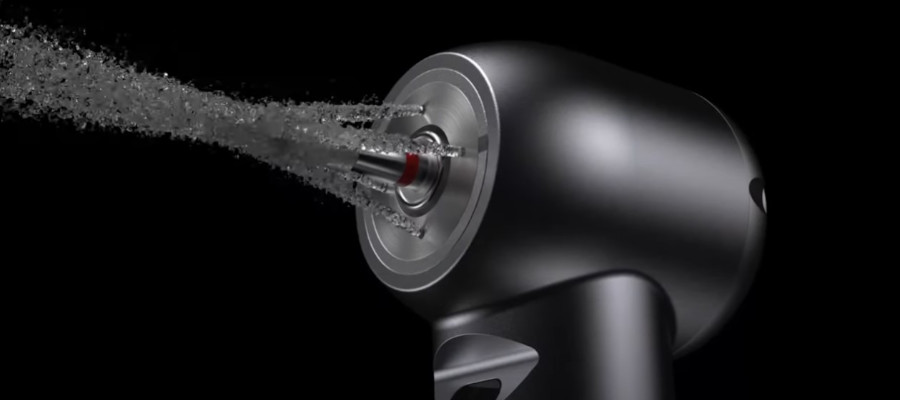
These lines, if not maintained, can become a breeding ground for microbial biofilms, leading to potential contamination. And the plot thickens with the potential presence of Legionella pneumophila, a notorious bacterium.
The answer to this challenge? Understanding DUWLs, regular maintenance, and, of course, the use of pure water.
Ah, hard water. For many dental professionals across the UK, it’s a very real and tangible nemesis.
You see, around 60% of our beloved nation is plagued by hard water. And while it might seem harmless, maybe even a tad poetic with its mineral-laden composition, it’s a silent saboteur in the world of dentistry.
Limescale and mineral buildup are the uninvited guests that hard water brings to the party.
Picture this: your state-of-the-art dental equipment, each piece a marvel of modern engineering, slowly but surely being encrusted by these unwelcome minerals.
The challenges? Reduced efficiency, increased maintenance and let’s not even get started on the aesthetic horrors of limescale stains.
And as with all challenges, there’s a cost.
The financial and operational repercussions of hard water on dental practices are akin to a slow leak in a boat. It might not sink you immediately, but it’s a persistent drain on resources, time and energy.
Navigating the waters of purification methods can feel like being lost at sea.
But fear not, for we’re here to chart a course through these turbulent waters.
With these methods at your disposal, the quest for pure water becomes less daunting.
As we sail further into the waters of purification, the trio of contenders: Reverse Osmosis, Distillers and Bottled Water each have their own set of merits.
But fret not, for we’re about to dive deep and dissect the details.
Ah, choices, choices! The world of water purification is vast, and the options can sometimes feel overwhelming. But as with any epic tale, there’s a guide to help you navigate.
Factors to consider:
| METHOD | PROS | CONS |
|---|---|---|
| BOTTLED WATER | Convenient / Easily accessible | Environmental concerns / Variable quality / Ongoing costs |
| DISTILLERS | Consistent purity / No external supply is needed | High energy consumption / Slower processing time / Bulky design |
| RO SYSTEMS | High-quality water / Cost-effective in the long run / Compact design | Initial setup costs / Requires regular maintenance |
The table above paints a picture. But remember, beyond the pros and cons, consider the unique needs of your practice, the volume of water you use and your long-term goals.
And a word to the wise: Whichever path you choose, the importance of regular maintenance and system updates cannot be overstated. It’s the secret sauce to ensuring your water purification system remains a trusty ally in your dental adventures.
Choose wisely, and may your practice thrive with the purest of waters.
As we continue our voyage through the waters of dental purification, let’s shine a spotlight on a true marvel of modern engineering: the Reverse Osmosis system.
And not just any RO system, but the Kinetico R5 Reverse Osmosis Unit, a beacon of purity in the dental realm.
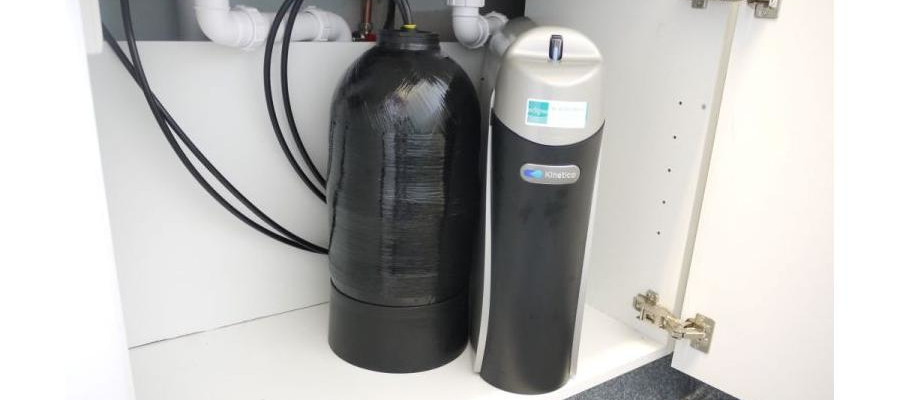
Ensuring High Standards of Hygiene with RO Water
The Kinetico R5 stands as a testament to what’s possible with advanced water purification.
Using a semi-permeable membrane, it pushes water through, trapping contaminants and ensuring what comes out is nothing short of crystal clear.
It’s not just about clean water; it’s about dental quality water, tailor-made for dental chairs and autoclaves.
And with its HTM 01-05 compliance, it’s a nod to the highest standards of hygiene.
Enhancing Patient Experience with Better-Tasting Water
Ever had a sip of water that tasted, well, off? With the Kinetico R5, that’s a concern of the past.
By producing drinking quality water, it ensures that every rinse is a refreshing experience for your patients.
Sustainability and Cost Savings with RO Systems
In the long run, an RO system like the Kinetico R5 is a friend to both your wallet and the environment.
With its efficient processing and reduced need for maintenance, it offers cost savings that bottled water and distillers can’t match.
Plus, with its focus on sustainability, it’s a nod to a greener future.
Take a look at this unit in more detail here.
As our journey through the waters of dental purification comes to a close, one thing stands clear: the undeniable importance of pure water in dental practices.
It’s not just about equipment longevity or cost savings; it’s about ensuring the best care for every patient who walks through your doors.
So, to all the dental professionals out there, here’s a call to action: Prioritise water purification.
Embrace systems like the Kinetico R5. And let’s ensure that every drop of water in UK dental practices is a testament to our commitment to excellence.
What is a reverse osmosis water filter?
A reverse osmosis water filter is a water purification system that uses a semi-permeable membrane to remove contaminants from water. It operates by applying pressure to the water, forcing it through the membrane and leaving the impurities behind.
Why is a reverse osmosis water filter important for dental practices in the UK?
A reverse osmosis water filter is particularly important for dental practices in the UK because it helps ensure safe water for use in dental treatments. Dental procedures often require pure water, free from contaminants and impurities, to prevent infections and maintain high standards of hygiene.
What are the benefits of using a reverse osmosis water filter in dental practices?
The benefits of using a reverse osmosis water filter in dental practices are:
How does a reverse osmosis water filter compare to a conventional water filter?
A reverse osmosis water filter is more effective than a conventional water filter in removing contaminants. While conventional filters may only remove larger particles and improve taste, a reverse osmosis system uses a semi-permeable membrane to remove even microscopic impurities, producing water of higher quality.
Can a reverse osmosis water filter be used to purify tap water?
Yes, a reverse osmosis water filter can effectively purify tap water. Tap water often contains impurities and contaminants that can be removed by a reverse osmosis system, providing a safe and clean water source for dental practices.
Feature photo by Jacek Dylag on Unsplash.

I have used them for the first time in recent months for a complicated project in carrying out a practice refurbishment. Eclipse were meticulous and brilliant. Very knowledgable engineers and a beautiful finish to my practice. They really are a family based business who will look after you. Very professional company and will definitely keep using them.

I had my 2 surgery practice completely stripped out and services repositioned with new flooring, new equipment and redecorated. They kept to the agreed time scale and we were up and running in our state-of-the-art new surgery. Thank you Eclipse and I will be using your services again.

I did a lot of research looking for a dental fit-out company before I came across Eclipse Dental. They designed the surgery exactly the way I wanted it to look which suits my requirements perfectly. The final result was phenomenal, just phenomenal!
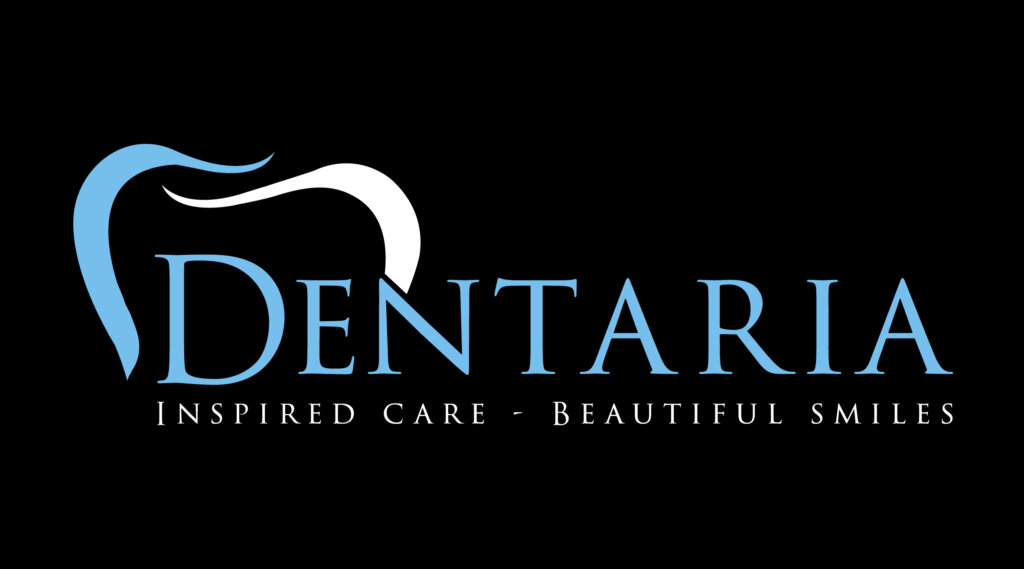
The engineers that attend our practice are very knowledgeable and always act in a professional manner. If we have an emergency situation John Boyt always tries his best to fit us in. I have no hesitation in recommending Eclipse Dental Engineering to you for all your servicing and breakdown needs.

Eclipse listened to my ideas, they added a lot to them and improved my initial design. They had loads of realistic and creative ideas for a 21st century dental practice! Two surgeries were refurbished on time without any interruption of our clinics.

We would highly recommend the awesome Eclipse team who guided us through the design process, finishing touches and colour schemes. Their ability to combine build works with equipment and dental engineering makes it so much easier and better value.

I am very pleased with the result, it is of a high quality and surpassed my expectations, on the strength of the work done I commissioned some extra wall cabinetry. The whole process was hassle-free and I would be very happy to recommend Eclipse to my friends in the business.
We used Eclipse recently in an emergency as we had equipment failure. They were very quick to respond to our call and were able to get us working again within 2 hours. The engineer was very friendly and professional and I would highly recommend this company.

I would like to express my gratitude to you and your team for your professionalism and prompt response when our dental chair packed up. You attended the same day, removed the damaged chair and installed a rental to allow us to continue practising.
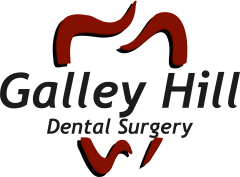
Having dealt with many fit-out companies over the years, Eclipse Dental has been one of the most professional, dependable and sincere companies I have ever worked with. I would not hesitate to use their services again.
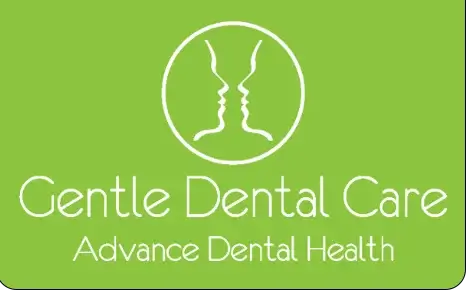
Excellent service, Eclipse have worked tirelessly for us and have always come out same day if we have a problem stopping us working. Thanks to all at Eclipse.
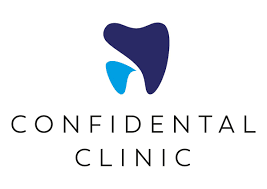
Their awareness of CQC regulations regarding equipment relocation and our necessity to minimise downtime was brilliant. We would like to recommend Eclipse Dental to anyone considering a refurbishment or relocation.
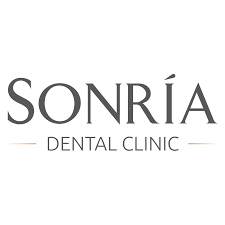
Very happy with the service and reliability of the team. From the beginning to the end, everyone was always helpful and very kind. I definitely will recommend Eclipse Dental!

I liked how swiftly the projects were done. Everything was managed, everything was timed and everything was coordinated. And every day we saw something happening. It was very exciting.

The quality of craftsmanship was exceptional—the cabinetry, flooring and all custom elements were made precisely to our specifications and aligned perfectly with our vision for the space.

Brilliant. Just professional! Complete refit of surgery. Flawless.

The boys did well! We didn’t give them much time to prepare but they did a great job, extremely pleased.

We have had the chairs for some time now and are happy with them. They serve what we need them for. The aftercare service is excellent

Eclipse are very flexible and listen to your needs. We are very impressed with the quality of workmanship they delivered. I would not hesitate to continue recommending Eclipse.
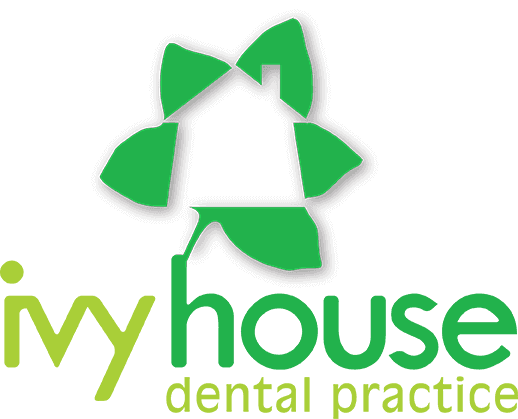
Eclipse were always accommodating of any requests and would always go the extra mile. I look forward to working with them for many years to come.

We are delighted with the end result. The practice looks good and, more importantly, works ergonomically and efficiently.